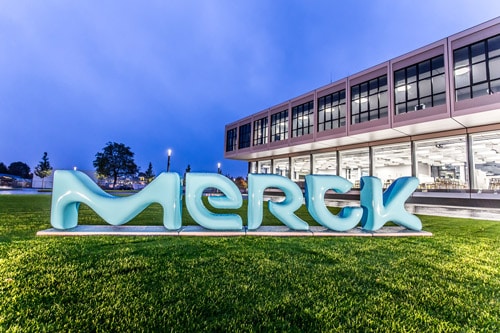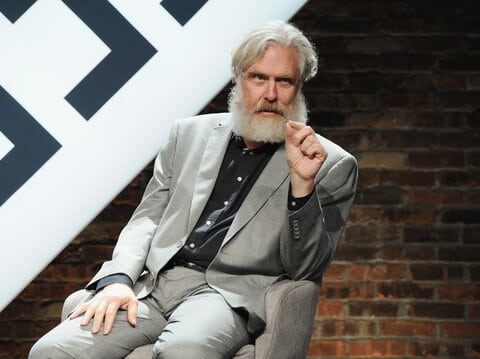
EMD Serono, the US pharma division of Merck KGaA, has formed an alliance with Nebula Genomics, a startup that offers free genome sequencing – providing subjects are prepared to let their anonymised data be shared.
The two partners are launching a pilot project that will tap into Nebula’s genomic database and, according to Nebula, help the pharma company’s scientists to better understand the causes of diseases and support the development of new medicines.
In a blog post, Nebula notes that it is currently looking for lung cancer volunteers who are happy to share their data in return for a free high-coverage germline and tumour whole-genome sequencing.
Lung cancer is of particular interest to EMD/Merck as it builds a portfolio and pipeline of oncology drugs, including new checkpoint inhibitor Bavencio (avelumab) and late-stage cMET inhibitor tepotinib.
EMD Serono is the first pharma company to join forces with San Francisco-based Nebula, which was launched last year with the promise that it would sidestep the current model of direct-to-consumer DNA sequencing, pioneered by the likes of Ancestry and 23andMe.
That is based on charging people to get sequencing reports, and then selling the data on for more money without the patient’s knowledge, says the biotech. It has developed a blockchain and cryptocurrency-based platform to enable the data – and any financial rewards – to be shared equitably and securely.

George Church
Co-founder and Harvard Medical School genomic professor George Church says the approach means those who volunteer can benefit from having information about their genome, but still have ownership of the data and a cut if anyone pays to access it. In fact, because the data is encrypted and secured via the blockchain, even Nebula won’t be able to decrypt the results.
“In order to offer free sequencing to even more people, in particular, the more expensive high-coverage whole-genome sequencing, we have established collaborations with pharma and biotech companies that will sponsor sequencing in exchange for access to genomic data,” says Nebula in the blog.
“Our collaboration with EMD Serono is the first validation of our model for sponsored sequencing,” it continues, adding that it is expected to be the first of many other partnerships.
It’s not the first sponsorship of whole genome sequencing by the biopharma industry. This approach is already being used in the UK Biobank project – backed by a consortium of pharma and biotech companies including Regeneron, AbbVie, Alnylam, AstraZeneca, Biogen, and Pfizer – with data now being made available to health researchers.
Along with UK Biobank other initiatives include the FinnGen project and Genomics Medicine Ireland, the individuals contributing to these programmes will not have a stake in the outcome of research based on their data.
“We want to help patients benefit from their data and also empower them to actively contribute to research,” says Nebula’s chief scientific officer Dennis Grishin.
“Our goal is to spearhead a more patient-centric approach to medical research where pharmaceutical companies and patients are working together to accelerate drug development.”




